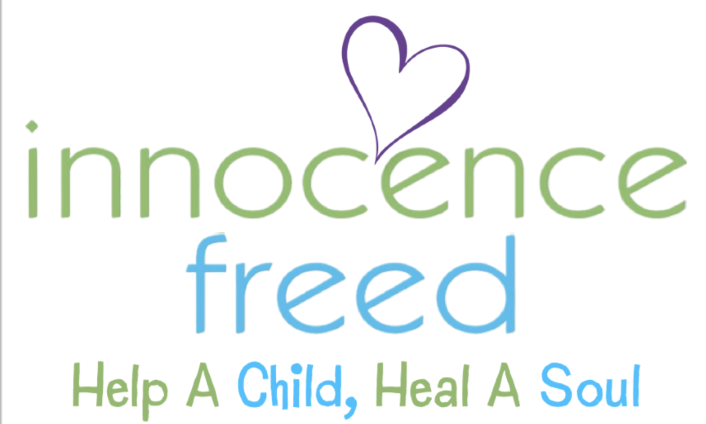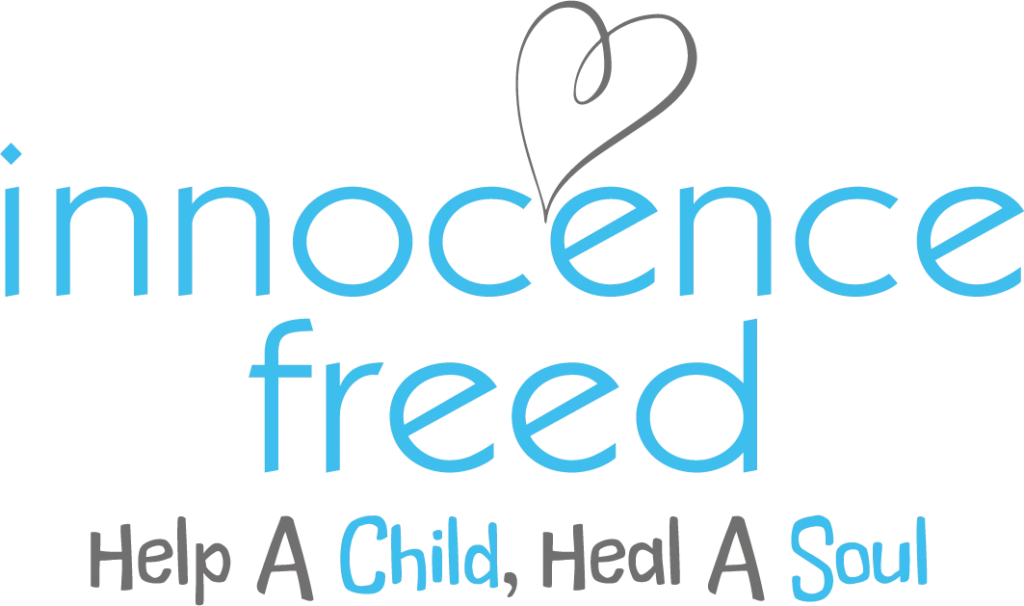Programs & Services
Our Programs and Services
Innocence Freed Aftercare Program
The Innocence Freed Aftercare Program is an innovative initiative aimed at providing crucial support and resources to formerly incarcerated individuals reentering society in the Omaha Metro area. Our passion is to empower these individuals to build meaningful, productive lives, reduce recidivism rates, and contribute positively to the community. Recognizing the unique challenges faced by those who have been unjustly incarcerated, the program focuses on holistic rehabilitation and reintegration strategies.
Securing a dedicated home will make a significant difference, offering both adult females aged 19+ and girls aged 13-18 trafficking and exploitation survivors a safe and confidential environment essential for their recovery and stability. This home would not only be a refuge but also a foundation where they can access therapeutic support, case management, life skills development, and community resources that aid in their journey to healing. The adult home will be the only faith-based trauma recovery home staffed 24/7 in the state of Nebraska as will the girl’s home. Innocence Freed will hire the most qualified, ethical, professional, and experienced staff and survivor leaders for both housing programs.
The Innocence Freed Aftercare Program alone is an innovative initiative to provide crucial support and resources to provide trauma-informed therapeutic programs and services for child and adult trafficking survivors.
Innocence Freed has been accepted as a Registered Service Provider for Nebraska Probation. Our program is unique and created for female minors and adults who have been trafficked. Email us for more information at info@innocencefreed.org.
Program Overview
Innocence Freed is dedicated to serving an underserved population that often falls through the cracks of existing support systems. By offering a comprehensive suite of services tailored to the specific needs of each participant, we aim to address the barriers that hinder successful reintegration into society.
Our aftercare and day program is also tailored for individuals who work or go to school full-time and need extra support and fellowship with like-minded people. We understand the demands of balancing work and personal life, and our program is designed to provide a comprehensive support system that includes:
Key Features of Our Program for Working Full-Time Survivors
Flexible Scheduling
- Extended hours to accommodate various work & school schedules.
- Drop-in and pick-up options to fit busy lifestyles.
Professional Networking
- Opportunities to connect with other thrivers.
- Workshops and seminars on career development and workplace skills.
Stress Relief and Wellness
- Fitness classes and physical activities to promote mental and physical health.
- Biblical mindfulness and relaxation sessions to manage stress.
Social Engagement
- Community-building activities and social events.
- Group discussions and support groups for shared interests and challenges.
Convenience Services
- Meal planning and preparation assistance.
- Errand and chore support to save time.
Skill Development
- Personal and professional development workshops.
- Life coaching, peer to peer, and mentoring programs.
Family Support
- Childcare services and family-friendly activities.
- Parenting workshops and resources.
Key Features of Our Program for Working Full-Time Survivors
-
Drug and Alcohol Therapy and Relapse Prevention:
- Individual Counseling: One-on-one sessions with certified addiction counselors to address personal challenges and create tailored recovery plans.
- Group Therapy: Peer support groups to share experiences, build connections, and gain insights from others in similar situations.
- Relapse Prevention Programs: Workshops and activities focused on identifying triggers, developing coping strategies, and maintaining long-term sobriety.
- Aftercare Planning: Ongoing support and resources to help individuals transition from intensive therapy to everyday life, reducing the risk of relapse.
-
Mental Health Therapy:
- Individual Therapy: Private sessions with licensed therapists to address a range of mental health issues, including anxiety, depression, trauma, and more.
- Group Therapy: Facilitated group sessions that provide a supportive environment to discuss challenges, share experiences, and learn from others.
- Crisis Intervention: Immediate support for individuals in acute distress or experiencing a mental health crisis.
- Therapeutic Activities: Art therapy, music therapy, and other creative outlets to promote emotional expression and healing.
- Psychoeducation: Educational sessions on mental health topics to empower individuals with knowledge and strategies for managing their conditions.
- Trauma-Focused, Equine-Assisted Psychotherapy: Trauma-Focused, Equine-Assisted Psychotherapy (TF-EAP) is a specialized therapeutic approach designed to help individuals, particularly children, who have experienced trauma and exploitation. This therapy leverages the unique relationship between humans and horses to facilitate emotional healing and psychological recovery.
Our program aims to create a safe, supportive, and therapeutic environment where individuals can receive the care they need to achieve lasting recovery and mental wellness.
We offer equine therapy as part of our aftercare and day program because it provides a unique and effective approach to healing and personal growth. Equine therapy, also known as horse therapy or equine-assisted therapy, leverages the natural bond between humans and horses to promote physical, emotional, and psychological well-being.
Our Commitment to Survivors
Many conditions foster human trafficking, including poverty, insecurity, forced migration, pornography, and family dysfunction. Individuals alone cannot end the conditions that promote human trafficking, and a multidisciplinary team is necessary to make a substantive social and institutional change.
Victim Services should be:
- Trauma-informed, evidence-based on the empowerment model of service provision and recovery.
- An empowerment model of service provision is strengths-based, comprehensive, and respects an individual’s autonomy and self-determination.
- Holistic in mind, body, and spirit.
- Maintaining sobriety includes prescribed medications that promote addiction and keep the survivor in a state of “brain fog”.
Maintaining sobriety for survivors of trafficking can be a complex and challenging process, especially when prescribed medications carry the risk of addiction or dependence. Organizations like Innocence Freed need to approach this issue with sensitivity and care, prioritizing the well-being and recovery of survivors.
Here are some considerations for managing prescribed medications within the context of maintaining sobriety:
- Individualized treatment plans
Recognize that each survivor’s journey to recovery is unique, and their medical needs may vary. Work with healthcare professionals to develop individualized treatment plans that address both physical and mental health concerns while minimizing the risk of addiction or dependence. - Holistic approach
Emphasize a holistic approach to recovery that integrates various therapeutic modalities, such as counseling, support groups, trauma-informed care, and alternative therapies (e.g., art therapy, mindfulness practices). This comprehensive approach can help address underlying issues contributing to substance use and promote overall well-being. - Medication management
Exercise caution when prescribing medications with the potential for addiction or abuse. Prioritize non-addictive alternatives whenever possible, and closely monitor the use of medications that carry higher risks. Implement strict protocols for medication management, including regular evaluations, dosage adjustments, and oversight by healthcare professionals. - Education and informed consent
Provide survivors with comprehensive information about the medications prescribed to them, including potential side effects, risks, benefits, and alternatives. Encourage open dialogue and informed consent, allowing survivors to actively participate in decisions regarding their treatment plan. - Support and accountability
Offer ongoing support and accountability to survivors as they navigate their recovery journey. This may include regular check-ins, counseling sessions, peer support groups, and access to resources for managing cravings, coping with triggers, and preventing relapse. - Collaboration and coordination
Foster collaboration and coordination among healthcare providers, addiction specialists, mental health professionals, and other support services involved in the survivor’s care. Maintain open lines of communication to ensure continuity of care and a cohesive approach to treatment.
By adopting a holistic, individualized approach to medication management and recovery support, organizations like Innocence Freed can help survivors maintain sobriety while addressing their unique medical needs and promoting overall wellness.

